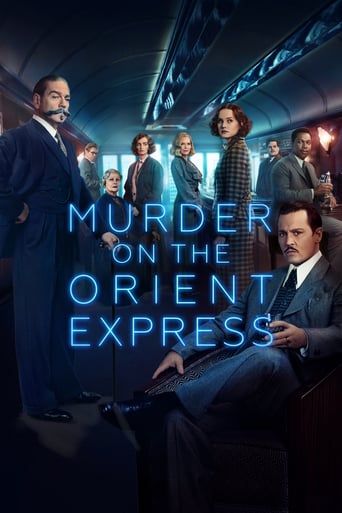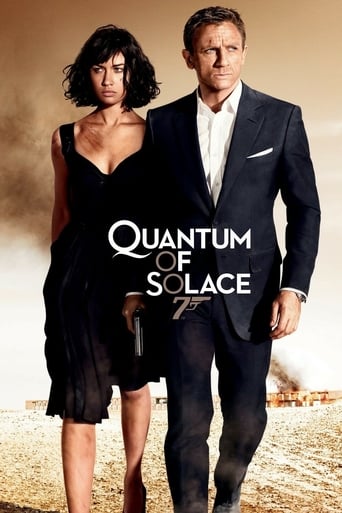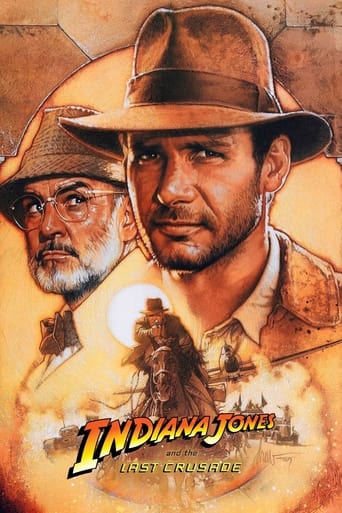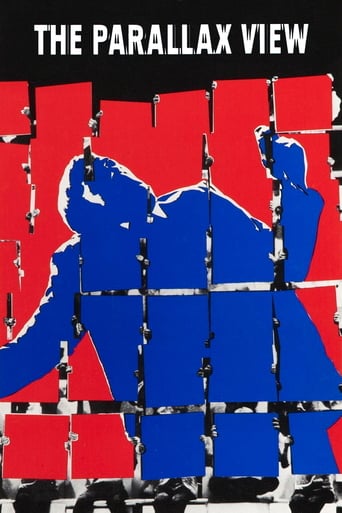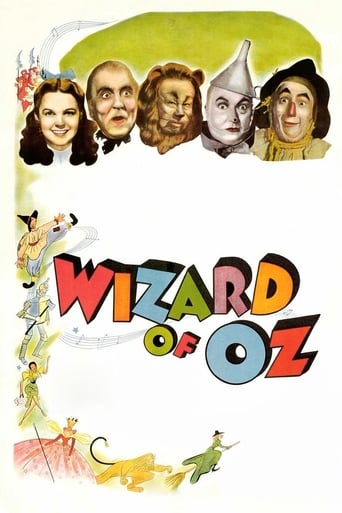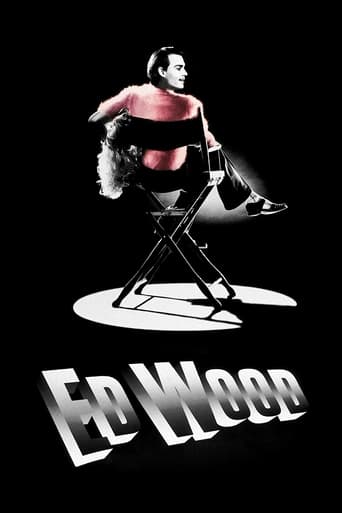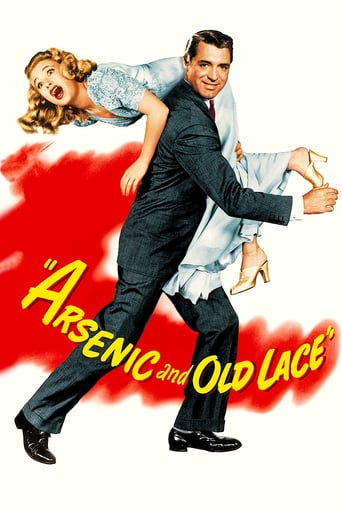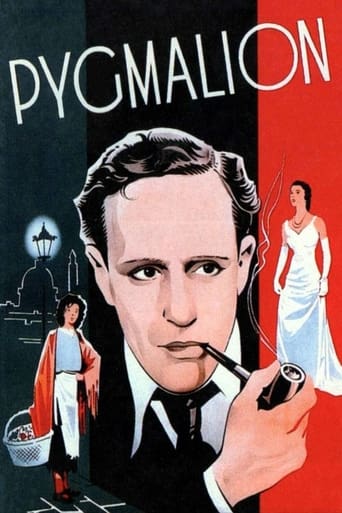


Pygmalion
When linguistics professor Henry Higgins boasts that he can pass off Cockney flower girl Eliza Doolittle as a princess with only six months' training, Colonel George Pickering takes him up on the bet. Eliza moves into Higgins's home and begins her rigorous training after the professor comes to a financial agreement with her dustman father, Alfred. But the plucky young woman is not the only one undergoing a transformation.
-
- Cast:
- Leslie Howard , Wendy Hiller , Wilfrid Lawson , Marie Lohr , Scott Sunderland , Jean Cadell , David Tree


Similar titles
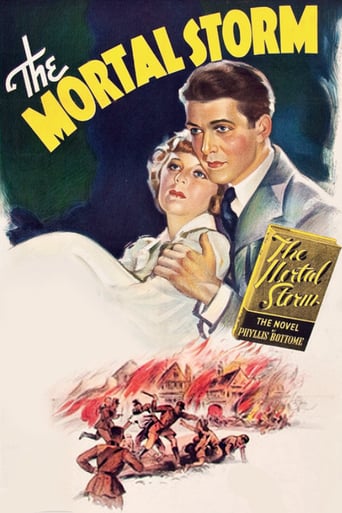
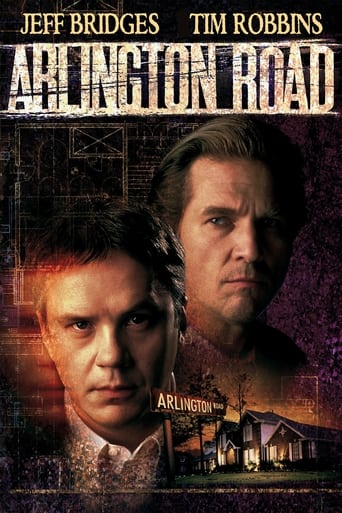
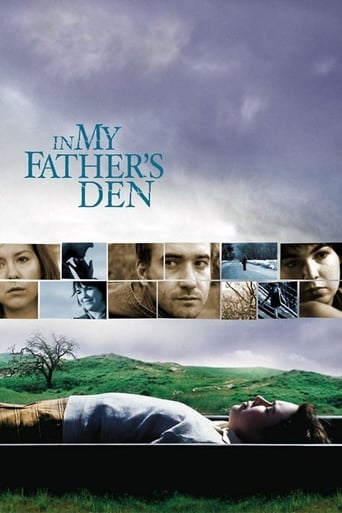
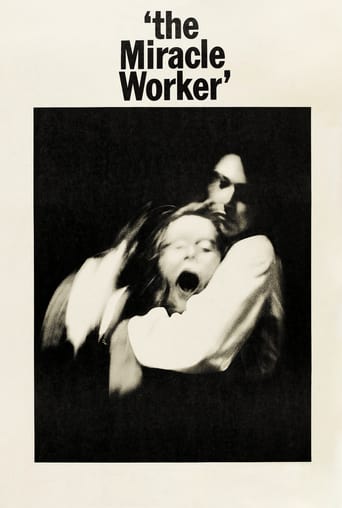
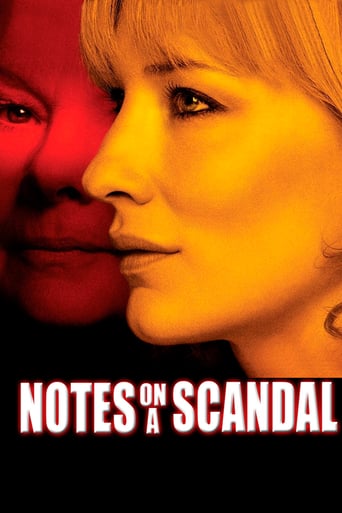
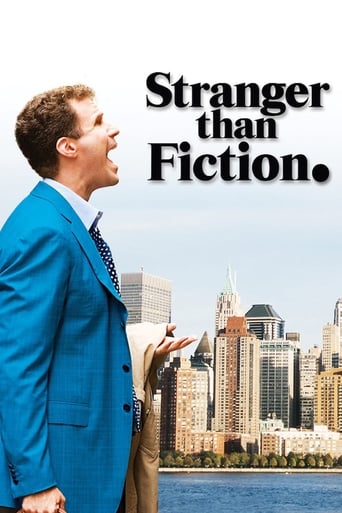
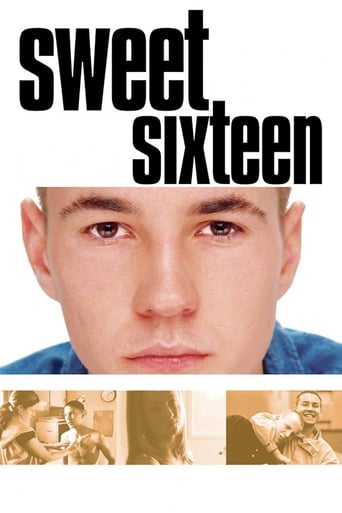

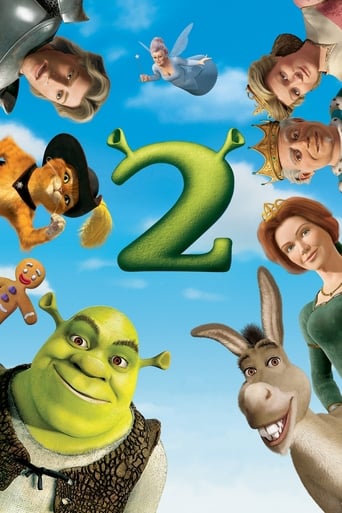
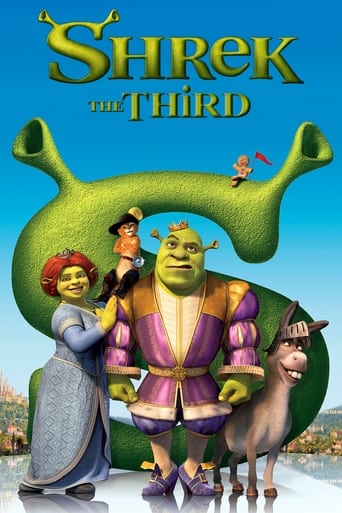
Reviews
If you don't like this, we can't be friends.
The film may be flawed, but its message is not.
The movie turns out to be a little better than the average. Starting from a romantic formula often seen in the cinema, it ends in the most predictable (and somewhat bland) way.
One of the worst ways to make a cult movie is to set out to make a cult movie.
Now, I will own up to liking 'My Fair Lady' but all those songs are not what made this story successful (as a stage play) in the first place. It isn't clear what GBS would have made of it (he'd died by then), but I could guess; possibly he is rotating subterraneously to this very day.However this version of his story was made with his (almost full) approval, and differs only in detail from the stage play. In point of fact most of the changes that were made for the film he considered improvements to the original stage play, and he recommended that they be incorporated in any future stage productions.Leslie Howard is naturally excellent as the somewhat brusque, snobbish, and occasionally pompous professor; Alfred Doolittle and Colonel Pickering are spot-on too, but the make or break character in this film is of course Eliza herself.Wendy Hiller may not have been first choice for this role in the film (it was her second film role ever), but she had already played Eliza on stage with much success. I have to say I think she is rather wonderful in this film, and I would echo the comments of other reviewers that it is lamentable (for us film lovers anyway) that she concentrated on the stage at the expense of the silver screen.Now, one of the issues with this story (on stage or screen) is that the East End accents etc need to be toned down in order that they are intelligible to those who are not familiar with them. Often those with a thick accent amongst themselves have a different voice to speak to strangers with; they are familiar with the problem. For the stage or screen it is a fine line to tread; what remains may be representative in some respects, (eg sentence construction) but is otherwise perhaps not the same thing at all. The mangled vowel sounds have to be intelligible but remain obviously distinct and 'wrong'. Hiller and Lawson (as Doolittle) do this very well.GBS wrote "It is impossible for an Englishman to open his mouth without making some other Englishman hate or despise him". It is over a century since GBS wrote this play and it is remarkable that not only does it hold true that local accents prevail, but also that the same local accents prevail; the dialect of 100 years ago (despite lack of constraint at least and more often downright condemnation from experts in grammar, dictionaries etc) remains largely unchanged.And of course the social distinctions that go with accents also still remain. GBS's "hate or despise" is a bit strong but no-one is entirely immune to making snap judgements about people based on the way they speak, rather than the thing it is that they are trying to say. 'Twas ever thus, I suspect.GBS's dialogue is as sharp as a razor here; short lines are often pricelessly pithy, full of barbed comment on the class war. A good example is the exchange between Higgins and Alfred; " ... have you no morals, man?!" - " I can't afford 'em, guvnor...". There are many others.One thing GBS didn't like was the ending to the film, which differs from the play. Being hopelessly sentimental at heart, I quite like it.This is, and I suspect will remain, a definitive version of this story. It is possible that the whole premise of the story will one day no longer be relevant, but I can't see that happening anytime soon.Top marks from me.
I watched this movie after the musical "My Fair Lady". I am afraid it compares badly. And the biggest reason for this is the choice of Eliza: Wendy Hiller. I think she was a good character actress, and she did many good parts later in life, playing middle-aged and old women.But here in "Pygmalion" she is deeply inadequate - at least after one has seen Audrey Hepburn, who could have been tailored for the role. Wendy Hiller was nowhere near beautiful or graceful enough - on the contrary: she was stocky and her face was coarse. I think it was such a pity that she was allowed to ruin this movie, which I am sure I would otherwise have liked a lot. The other actors are excellent in their roles!
We've all seen the 1960s musical version of Bernard Shaw's Pygmalion - My Fair Lady. Well, the musical is great entertainment and very well done and unmissable too but this 1938 B&W film version is a revelation. It is fantastic to see different actors deliver the same lines. In my opinion the 1938 version is funnier and the characters are more fully developed so that their relationships are more interesting and engaging.I enjoyed the scene dressing and wonderful costumes in My Fair Lady but the scene dressing, props and costumes in this 1930s film are great too - woollen suits, in fact all of the clothes, made in natural fabrics like fine wool and silk, just glow in the studio lights and are stunning, and get a load of Prof Higgins' owl-spectacles (step aside Harry Potter)! I love the haircuts, the body language (even the extras walk like HM Elizabeth the Queen Mother), the make-up, the huge Bakelite telephones, the bone china tea cups - everything looks real not just a prop. The jewellery glitters, eyes glint, hair glows - everything is so well lit it really does convey candlelight or daylight. The B&W tones are amazing. All-in-all simply fantastic!
I prefer this to the much-enjoyed 1964 musical, My Fair Lady. The delightfully lavish musical says as much in roughly double the time. Howard and Hiller are brilliant here, as are Harrison and Hepburn in My Fair Lady. I can't favor one pair over the other. However, Esme Percy as the Count is more amusing than his counterpart, Theodore Bikel.I agree with the controversial ending. Eliza had come too far to leave Higgins for Freddy, a comparative dolt. To my mind, it wraps up this witty picture appropriately. There is no telling how many more great Leslie Howard roles there would have been, had he not been a casualty of that awful dustup World War II.

